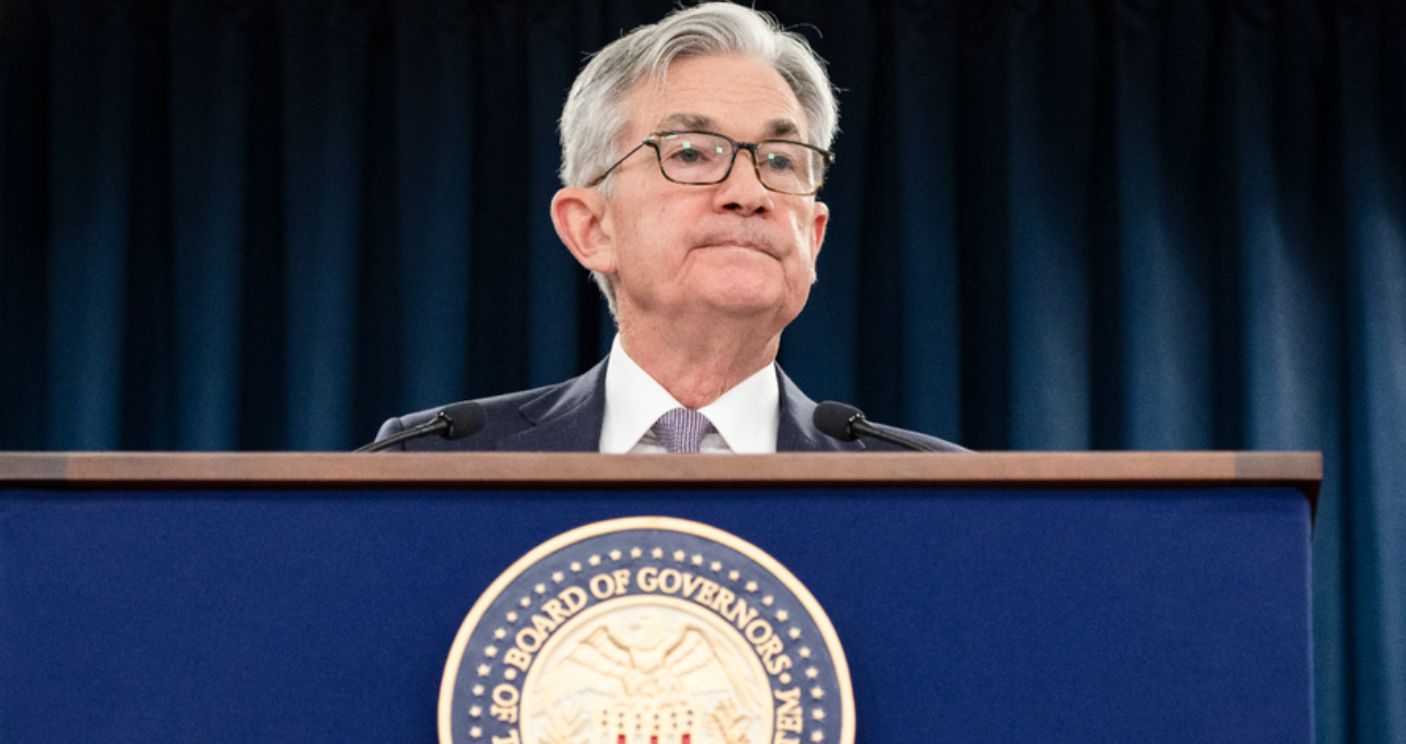Thu Apr 07, 2022
Thursday / April 7
Fed Meeting Minutes
US Federal Reserve officials in March "generally agreed" to cut up to $95 billion a month from the central bank's asset holdings as another tool in the fight against surging inflation.
"Many" Fed officials said they were prepared to raise rates in half-percentage-point increments in coming policy meetings to try to bring prices under control, even though the rising risks tied to the Ukraine war held them to the standard hike in March, according to the minutes released Wednesday.
But they also moved forward with plans to pull out of key financial markets that have been benefiting from massive Fed support since March of 2020, when the coronavirus pandemic prompted the central bank to buy trillions of dollars in Treasury bonds and mortgage-backed securities (MBS).
After months of debate, policymakers rallied around a plan to as soon as next month reduce the Fed's holdings of Treasury bonds by up to $60 billion per month and its MBS holdings by up to $35 billion per month, with the amounts phased in over three months or slightly longer, the minutes said.
The pace of the planned balance-sheet rundown, which should have the effect of increasing long-term interest rates, is nearly double that of the Fed's "quantitative tightening" from 2017 to 2019, and could also include outright sales of MBS down the road, said the minutes.
"All participants agreed that elevated inflation and tight labor market conditions warranted commencement of balance sheet runoff."
The details of the balance sheet program included in the minutes are in line with analysts' expectations, and pave the way for it to be set in motion after the Fed's May 3-4 policy meeting.
China avoids Russian oil
China's state refiners are honouring existing Russian oil contracts but avoiding new ones despite steep discounts, appearing to heed Beijing's call for caution as western sanctions mount against Russia over its invasion of Ukraine.
State-run Sinopec, Asia's largest refiner, CNOOC, PetroChina and Sinochem have stayed on the sidelines in trading fresh Russian cargoes for May loadings, sources told Reuters.
Chinese state-owned firms do not wish to be seen as openly supporting Moscow by buying extra volumes of oil, said sources.
Russia default
Russia edged closer to a potential default on its international debt on Wednesday as it set aside roubles to pay holders of international bonds that need to be repaid in dollars. said it would continue to do so as long as its foreign exchange reserves are blocked by sanctions.
The United States on Monday stopped Russia from paying holders of its sovereign debt more than $600 million from frozen reserves held at U.S. banks, saying Moscow had to choose between draining its dollar reserves at home and default.
Russia has not defaulted on its external debt since reneging on payments due after the 1917 Bolshevik Revolution. but its bonds have remerged as a flashpoint in the diplomatic crisis and sanctions tit-for-tat between Moscow and western capitals.
"Russia has all necessary resources to service its debts... If this blockade continues and payments aimed for servicing debts are blocked, it (future payment) could be made in roubles," Kremlin spokesperson Dmitry Peskov said.
Stocks
Stocks fell for a second day on Wednesday.
The Dow Jones Industrial Average fell 144.67 points, or 0.42%, to 34,496.51. The S&P 500 slid 0.97% to 4,481.15, and the Nasdaq Composite sank another 2.22% to 13,888.82 after falling about 2.3% on Tuesday.
